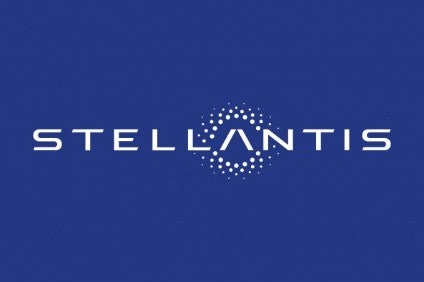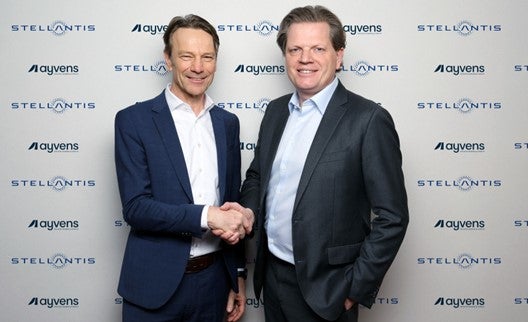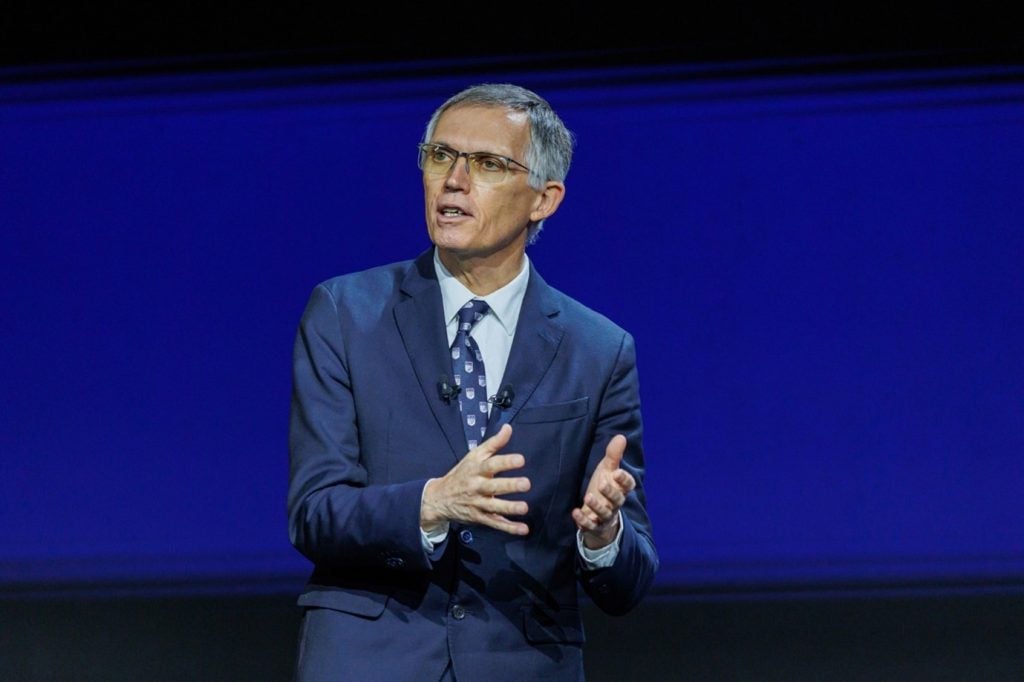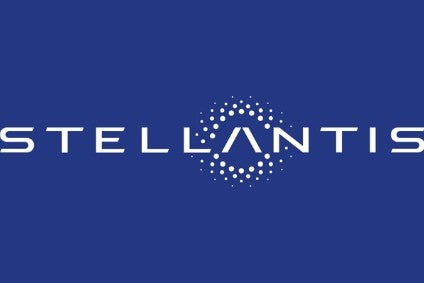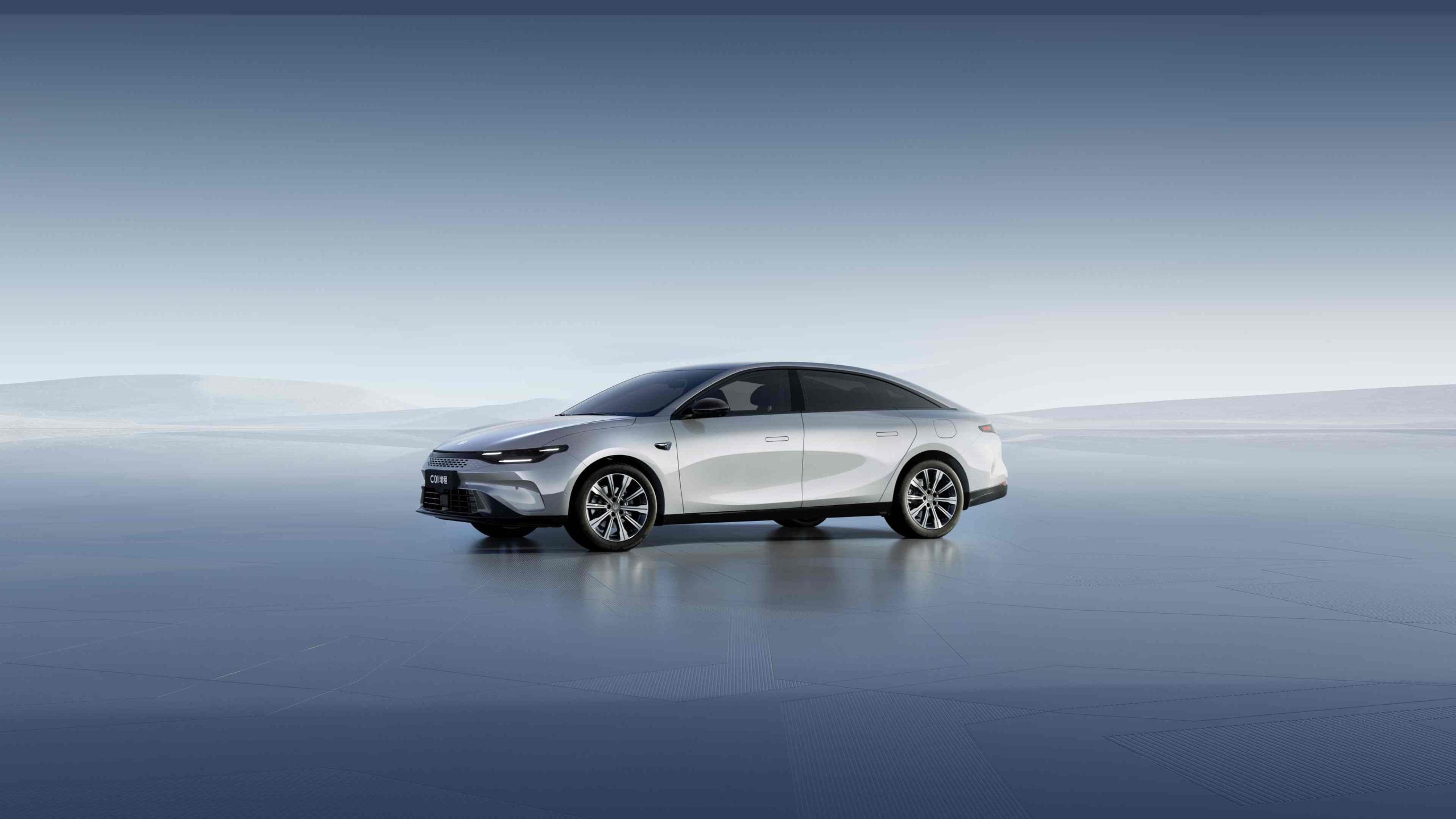
Netherlands based automaker Stellantis said it would invest EUR1.5bn in a 20% stake in Chinese battery electric vehicle (BEV) startup Leapmotor, laying the foundation of a new strategic partnership designed to strengthen sales in markets worldwide, including China.
The acquisition, subject to regulatory approvals, would give Stellantis two seats on Leapmotor’s board.
The two companies have also agreed to set up joint venture called Leapmotor International in which Stellantis would hold a 51% stake and Leapmotor the remaining 49%. This joint venture, to be led by a Stellantis appointed CEO, would be exclusively responsible for the export and distribution of Leapmotor products overseas, including possible local production, with first shipments scheduled for the second half of 2024.
The deal aims to strengthen Leapmotor sales in China while also using Stellantis’ well established global presence to “significantly accelerate” Leapmotor brand sales in other regions, starting with Europe”.
Leapmotor hopes the arrangement will also help scale up its operations at home and allow it to join a growing number of Chinese automakers expanding overseas.
Stellantis in turn wants to tap into Leapmotor’s “highly innovative, cost efficient EV ecosystem” to help meet electrification targets under its core Dare Forward 2030 programme. Other mutually beneficial projects will including product sharing in China and overseas.
How well do you really know your competitors?
Access the most comprehensive Company Profiles on the market, powered by GlobalData. Save hours of research. Gain competitive edge.

Thank you!
Your download email will arrive shortly
Not ready to buy yet? Download a free sample
We are confident about the unique quality of our Company Profiles. However, we want you to make the most beneficial decision for your business, so we offer a free sample that you can download by submitting the below form
By GlobalDataStellantis is struggling to regain a foothold in China and is looking to tap in to Leapmotor’s products and technology to keep its global transition to zero emission vehicles on track.
Stellantis said it sees Leapmotor’s BEV product range as complementary to its current numerous brand model lines, which include Peugeot, Citroen, Fiat and Jeep/Chrysler, most of which have been built and sold in China, mainly through joint ventures, at some point. It hopes ‘synergy’ between the two companies will help bring more affordable vehicles to its customers worldwide.
Stellantis CEO Carlos Tavares said in a statement: “As consolidation unfolds among the capable EV startups in China, it becomes increasingly apparent that a handful of efficient and agile new generation EV players, like Leapmotor, will come to dominate the mainstream segments in China.
“We feel it is the perfect time to take a leading role in supporting the global expansion plans of Leapmotor, one of the most impressive new EV players that has a similar tech first, entrepreneurial mindset to ours.
“Through this strategic investment, we can address a white space in our business model and benefit from Leapmotor’s competitiveness both in China and abroad.”
Leapmotor founder and CEO Zhu Jiangming added: “With our in house, full suite technology capability, [we bring] to the market best in class EV products in a most cost competitive way.
“Working with Stellantis, we will continue to be innovative and creative in technology and business synergy and will [sell our EVs worldwide].”
Leapmotor sold 111,000 mainly mid- to high-end BEVs last year which Stellantis said put the company in China’s top tier of BEV startups. In the next three years, the automaker plans to produce a full BEV range from A entry level to the luxury F segment.
Stellantis noted: “Leapmotor was the world’s first pure play BEV company to implement cell to chassis technology on a large scale, and its ‘Four-Leaf Clover’ Leap 3.0 central controlled new electric and electronic architecture achieves seamless and efficient collaboration within the core components of smart EVs.
“Its unique vertical integration model maximises scalability, enabling it to quickly respond to customer needs.”



